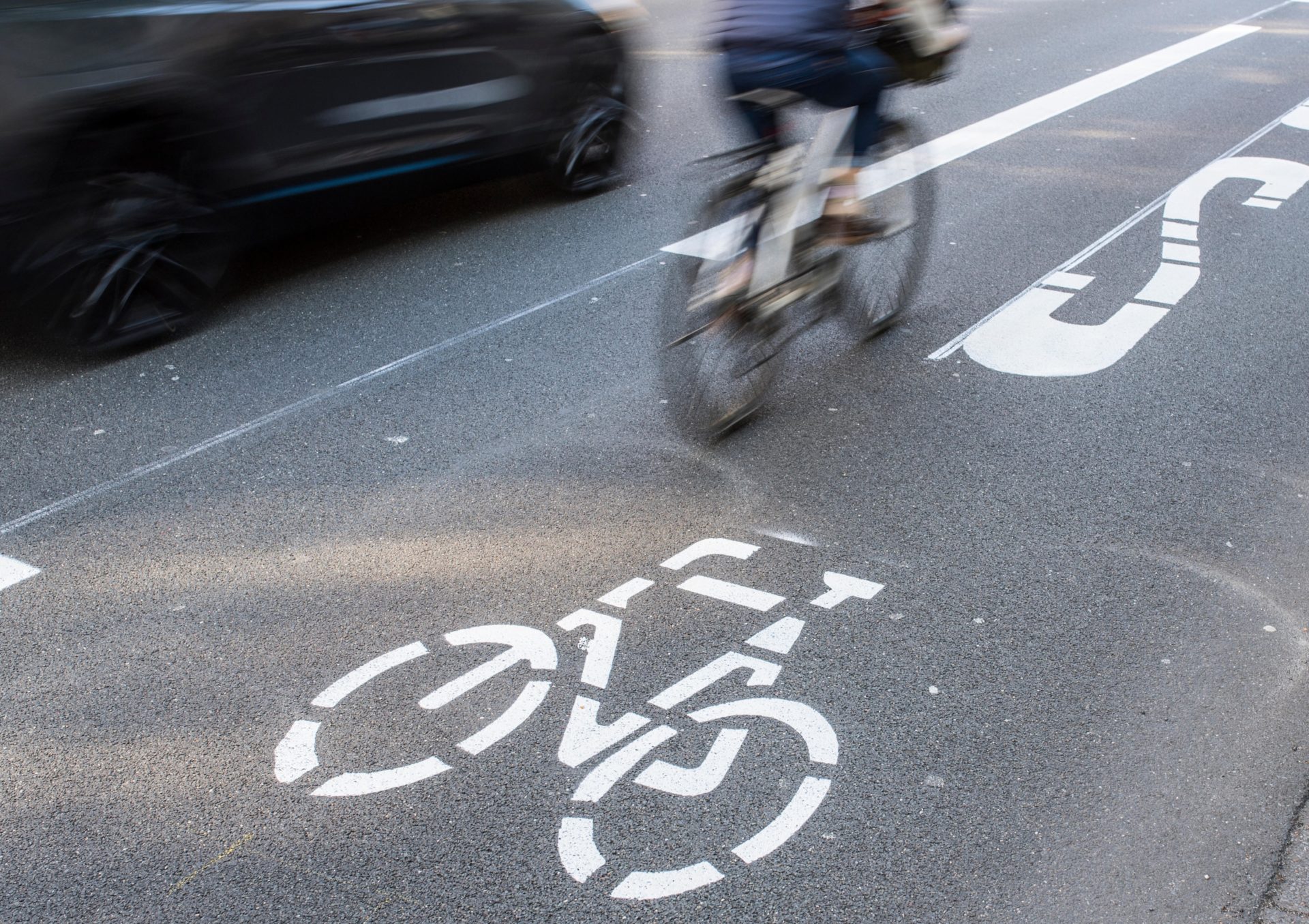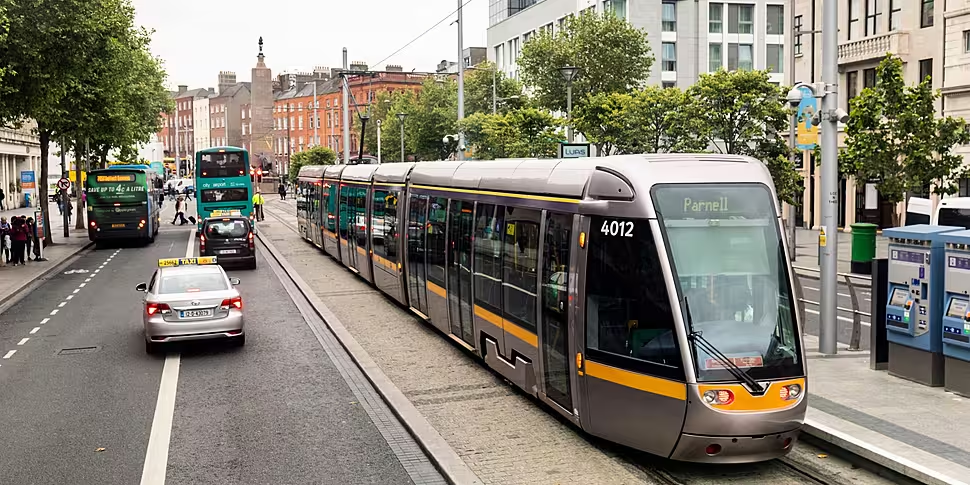Transport infrastructure is hugely dependent on support from local government, an expert has said.
In a new series of articles, Newstalk is bringing you local election snapshots in the run-up to the elections on June 7th.
There are 31 local authorities in Ireland.
They provide hundreds of services ranging from roads, planning, housing and economic and community development.
One of the many issues they consider is transport and travel.
Trinity College Professor in Transportation Brian Caulfield says local authorities have a lot of power.
"It's surprising how big the remit is for transport at a local government level," he said.
Parking and cycling
Prof Caulfield said local councils may not have control over larger projects like BusConnects and this is similar in other countries.
"They do have control over a huge amount of things - they have control over who gets allocated what space," he said.
"In Dublin the thing that we look at are the canals, the loop around the city between the canals.
"Inside that core part of the city centre, Dublin City Council have the power to do pretty much whatever they want in terms of who's allowed to get in.
"They were able to ban five-axel vehicles coming into the city, so there's nothing to say they couldn't ban three or four-axel vehicles coming in.
"They provide parking and they give permits for parking, they charge for parking, they make money out of parking.
"They could take all of that out; if they took all of that out it would take away a lot of traffic.
"They're the ones who dedicate space to cycling, how many cycle lanes are built.
"They would work on plans that would be developed at the national level and use national guidance but it's the city council that implements it".
 A person cycling in a bike lane, 16-4-19. Image: Hympi / Alamy
A person cycling in a bike lane, 16-4-19. Image: Hympi / AlamyProf Caulfield said a new local council can change or remove spaces as they see fit.
"It could all be undone, look at Galway - they don't have the majority of people on that council and the city council.
"Maybe three or four years ago there was a huge debate in Galway about one kilometre of cycle track down by Salthill.
"It was the councillors that voted that down, but they have huge power when it comes to that.
"People should be very aware of where their candidates stand on these types of issues if they're important to them".
EVs
Prof Caulfield said a slow rollout if Electric Vehicle (EV) charging points is mostly down to manpower.
"They need to push further and harder on that," he said.
"I don't think there's a lack of money coming from central government for EV charging.
"At the moment it's the amount of people we have to go out on to the roads and put in the cables.
"The planning around it and all of that - that's the delay.
"In Dublin all four local authorities have come together - Fingal, South Dublin, Dún Laoghaire and Dublin City - and and they've developed a strategy for the whole county for EV charging.
"That's a really positive step I think because you can't map things in silos.
"I think the big issue is off-street [charging for] people who don't have a drive way".
What to be aware of?
Prof Caulfield said voters should see where candidates stand around transport issues.
"What are their climate credentials? And it's not as if the Green Party own that," he said.
"All of the parties, say for example in Dublin city at the moment... they're all pushing for the Dublin City plan where they're pedestrianising parts of the city.
"What are they saying about transport? What modes of transport do they currently use themselves as well?
"Are they objecting to cycling infrastructure? You see that as well".









